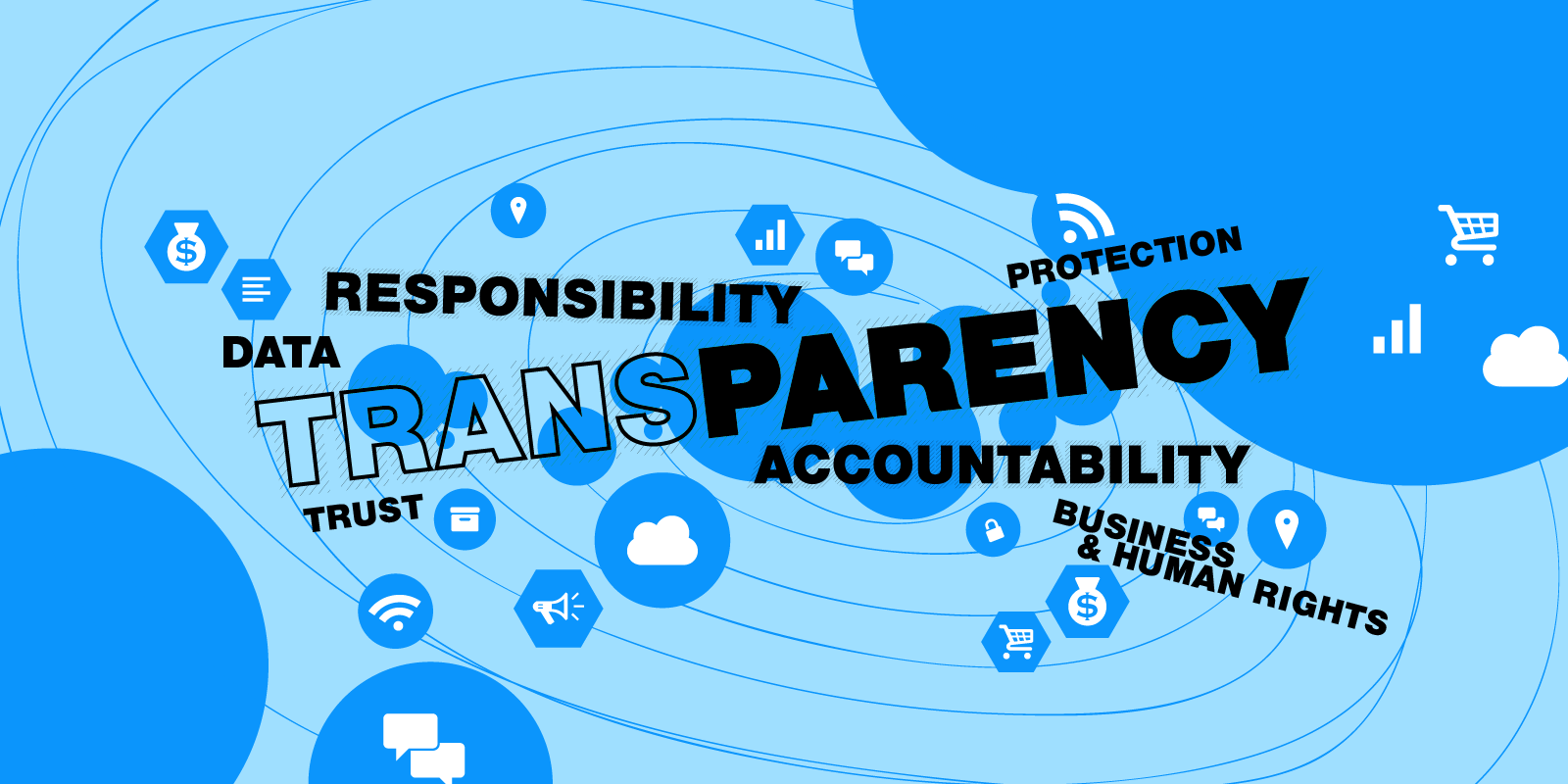Originally published May 18, 2021
Update (June 3, 2021): We have received responses from Verizon Media, Kakao, and Vodafone by our June 1 deadline. We commend these companies for replying to our digital rights concerns and engaging with our community. To the companies that haven’t responded, we continue to urge them to provide transparency on the actions they are taking to protect digital rights.
You don’t need us to tell you that a fairly small group of powerful companies runs our digital lives. You know their content policies don’t tell the whole story, their data practices slide from sloppy to worse, and their algorithms run amok.
But once a year, we see the numbers. And once again, the numbers paint an ugly picture: only two companies scored above 50% in the latest Ranking Digital Rights (RDR) Corporate Accountability Index.
Our role is to make sure the business executives, lawyers, public policy teams, and engineers at these tech companies read and respond to their RDR score, and understand how to move forward. In 2019, we asked the 24 companies ranked in the 2019 Ranking Digital Rights Index to make at least one key improvement to their business practices. Our recommendations highlighted areas where these companies, among the most powerful in the world, can make changes to benefit everyone who uses their products and services — especially those most at risk of attacks on their fundamental rights. These include activists, journalists, human rights defenders, and others targeted for harassment, silencing, discrimination, oppression, and worse.
Some of these companies listened. They made important steps forward in demonstrating their respect for users’ rights. For example, Yandex, an internet services company based in Russia, and MTN, a telco in South Africa, each released transparency reports for the first time. Apple in the U.S. and Kakao in South Korea also came through with a couple of firsts: Apple published a human rights policy making its first commitment to respecting the right to free expression, while Kakao made its first commitment to respecting the right to privacy.
However, the big picture is that companies that have an immense influence over the exercise of our rights still lack transparency and accountability. For the first time, the Ranking Digital Rights Index in 2020 included Alibaba and Amazon. Given the sheer size and power of these two companies, the results were particularly disappointing: Amazon came in dead last among the digital platforms in the RDR Index, and Alibaba fared only slightly better, ranking in the bottom half.
As we have done in previous years, Access Now sent letters to each of the companies, urging them to review their performance in the 2020 rankings and provide a public response. We have once again asked for at least one improvement from each company, raising issues such as increasing transparency and conducting human rights due diligence.
The individual letters are below. We have given the companies until June 1, 2021 to provide a public response, and we intend to publish what they say.
Of course, no company can achieve accountability through a one-time reply; it is an ongoing process that requires companies to engage meaningfully with stakeholders over time. That is why we’ve also invited all the companies in the Ranking Digital Rights Index to join us online at RightsCon on June 7-11, 2021. By connecting directly with the global RightsCon community, companies will have a better chance of understanding and addressing the issues those most at risk are facing.
Ultimately, it is up to all us — the people whose lives are impacted by what these companies do — to hold them accountable for respecting our rights. Hopefully, these letters can shed light on what’s been happening and push the companies to take action to show they’re committed to doing what is right.
